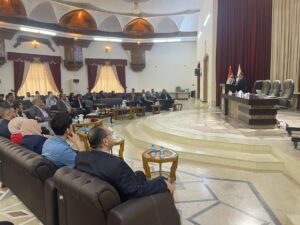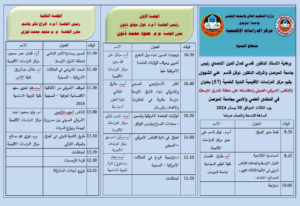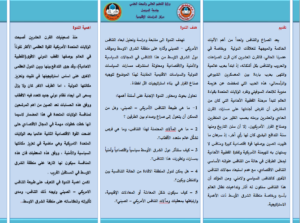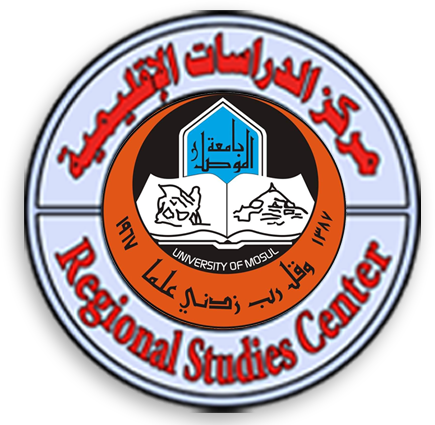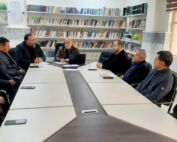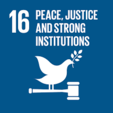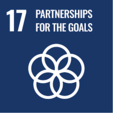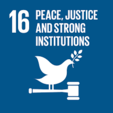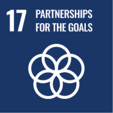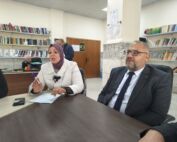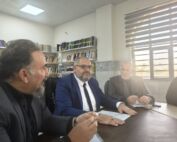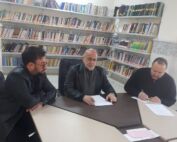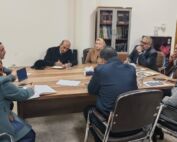30 April، 2024
Regional Studies Center Holds a Scientific Symposium Titled American-Chinese Competition and its Repercussions on the Middle East Region

Under the patronage of Prof. Dr. Qusay Kamal al-Din al-Ahmadi, President of the University of Mosul, in the presence of Prof. Dr. Munir Salem Taha Al-Badrani, Assistant President of the University for Scientific Affairs, and the supervision of Dr. Nawfal Qasim Ali al-Shahwan, Director of Regional Studies Center, the Center held the scientific symposium (57) entitled (American-Chinese competition and its repercussions on the Middle East region) at the Scientific and Literary Forum at the University of Mosul, on April 30, 2024.
The symposium aimed to identify the nature of the American-Chinese competition, the aspects of that competition, and the extent of its effects and repercussions on the Middle East region, besides following up, studying, and analyzing the dimensions of this competition and its effects on the region and the position of the countries of that region regarding this competition in the political, security and economic fields. In addition to trying to anticipate the paths of international and regional policies corresponding to this issue, to guide decision-makers in building strategies with fewer mistakes.
The symposium reviewed the following topics: the Middle East and trends in international competition in the third millennium: forces, interests, goals; China’s attitudes towards the Arab Gulf countries and the position of the United States of America towards them; Chinese and American strategic thought towards the Middle East: a comparative study of approaches, goals, and means; The United States of America and China: Determinants of conflict and opportunities for consensus. Iraq in the circle of US-Chinese competition; Deterrence strategy in US-Chinese relations; China and the Global Security Initiative for the Middle East; Historical determinant in US-Chinese relations; The American position on the Iraqi-Chinese economic agreement 2019; The US-Chinese geostrategic competition between the necessities of hegemony and the desires of sovereignty; The international development path in Iraq and the Turkish position; The symposium witnessed interventions and discussions that influenced its topic.
